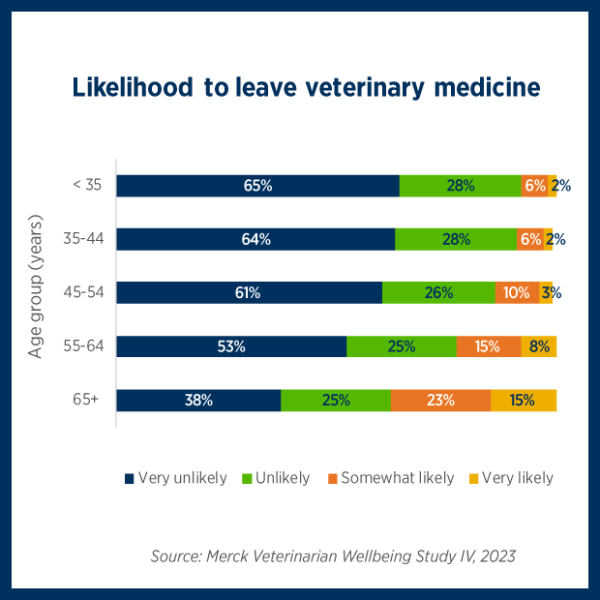Coping with natural disasters: Care for animals and emotional wellbeing
AVMA resources help animal owners & veterinarians
The hearts of AVMA members and staff are with Californians as wildfires once again burn across large swaths of the state. When disasters strike, both physical safety and emotional wellbeing are threatened, and we know many of our members and their clients are currently dealing with those threats. For those veterinarians and animal owners, AVMA has resources to help both with preparedness and recovery, including resources to help you tend to your emotional wellbeing during and after disasters.
Responding to a disaster as a veterinarian
As a veterinarian, you can help your clients by sharing information about pets and disasters. With our Saving the Whole Family brochure, clients can be armed with disaster preparation lists and tips, as well as steps to take during and after a disaster. Owners of horses and other livestock can also find information in the brochure about caring for their animals during a disaster, or they can view our large animal disaster resources.
When it comes to fires, flames aren’t the only risk. Smoke from wildfires and other large blazes affects pets, horses, livestock and wildlife. Animals with cardiovascular or respiratory disease are especially at risk from smoke and should be watched closely during all periods of poor air quality. Share information about wildfire smoke and animals to help protect both pets and livestock.
If you are directly involved in providing care to animals during or after a disaster, the American Veterinary Medical Foundation (AVMF) has disaster reimbursement grants specifically to support these efforts. Likewise, the AVMF provides disaster relief grants to help veterinarians who have lost their home, car or essential personal items due to a disaster.
If you are not affected by a disaster but would like to support these grant programs, visit avmf.org/donate and use the AVMF code “disaster” when you make a donation.
Caring for your wellbeing after a disaster
In addition to the risk for physical injury and potential property losses, it's important to attend to emotional health and wellbeing both during and after crises. Our director of member wellbeing and diversity initiatives compiled this list of tips to help you cope with the aftermath of circumstances beyond your control. Some of the simple steps you can take to tend to your emotional wellbeing include:
- Recognize that it is alright to grieve for whatever has been lost, including both material possessions and a sense of safety, security, and certainty.
- Establish or re-establish routines. Focus on having meal times, sleep/wake times, and other activities on a consistent schedule to the extent possible.
- Try to move away from thinking about “why” bad things happen, or what “could have been” or “should have been” if only something had happened differently. Instead, it can be helpful to ask, “What can I do right now to help me feel better?” The action you take may be as simple as talking to a friend, eating, drinking water, stretching, or engaging in physical activity.
- Talk it out. It’s easy to feel isolated and alone during a crisis. Stay connected with friends, family and neighbors. Shared experiences can build a sense of community and belonging.
We encourage you to see the full list of tips for coping with disaster here. You can find additional resources below:
- Disaster Distress Helpline – Substance Abuse and Mental Health Services Administration
- Coping with a Disaster or Traumatic Event
- Seven Scientifically Proven Benefits of Gratitude
- Helping Children Cope with Disaster (PDF)




Comments
Add New Comment